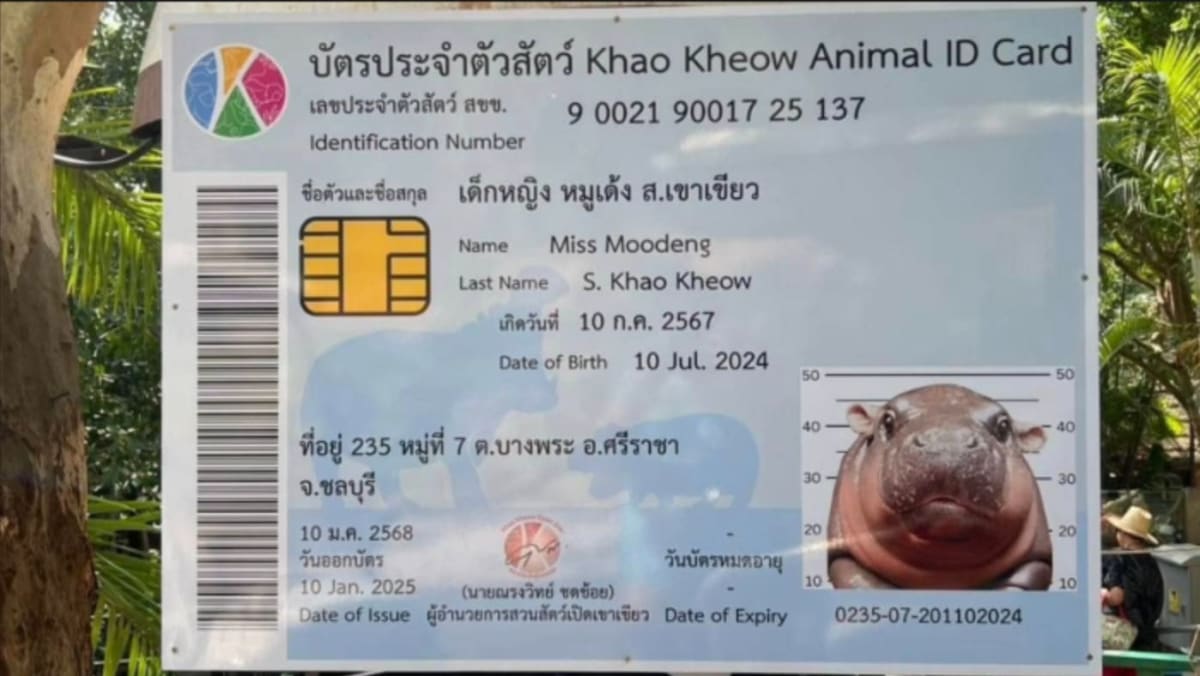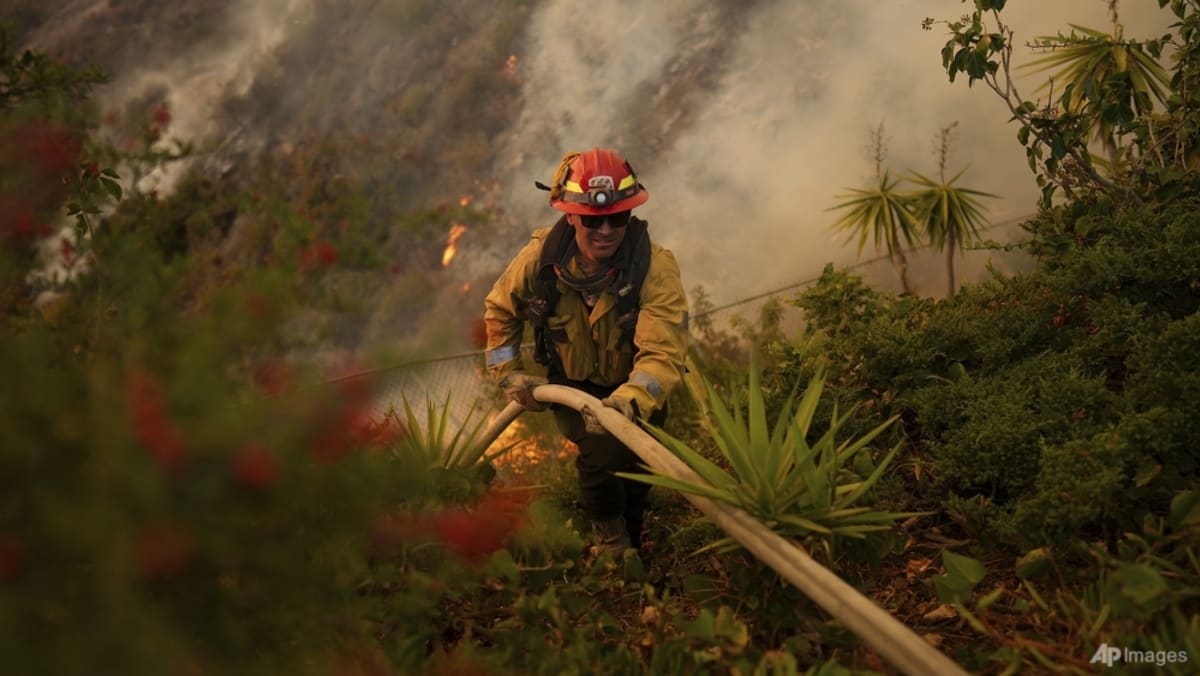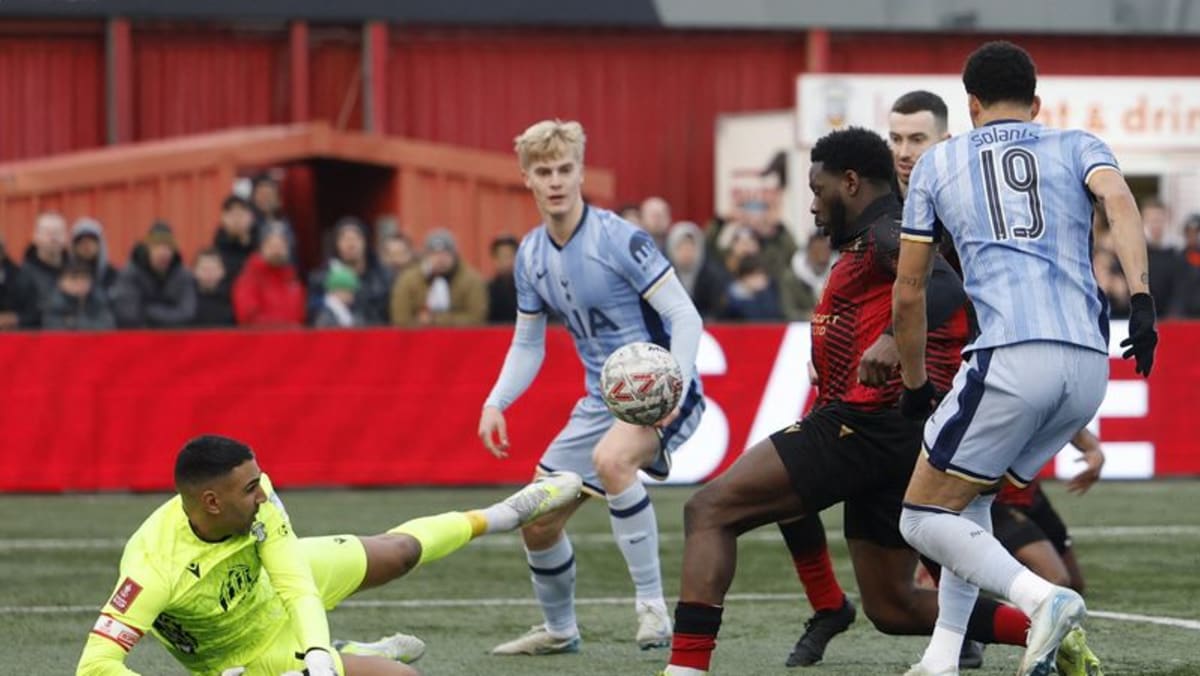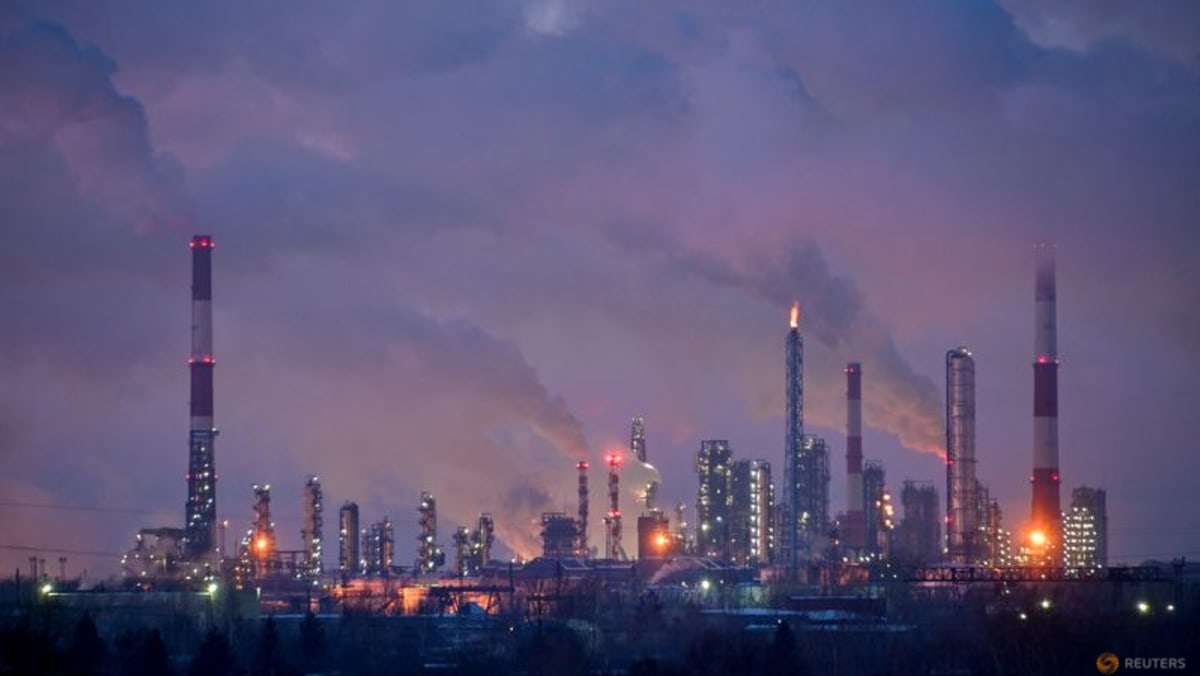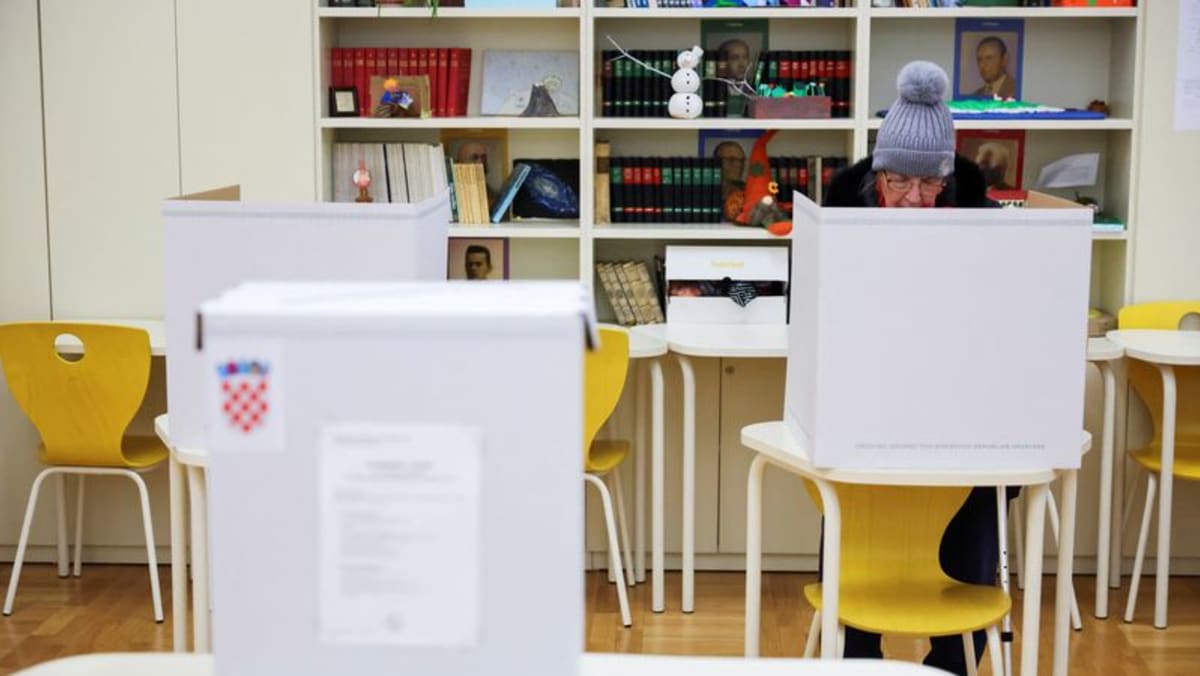Syrian rebels topple President Assad, Russia says he left the country
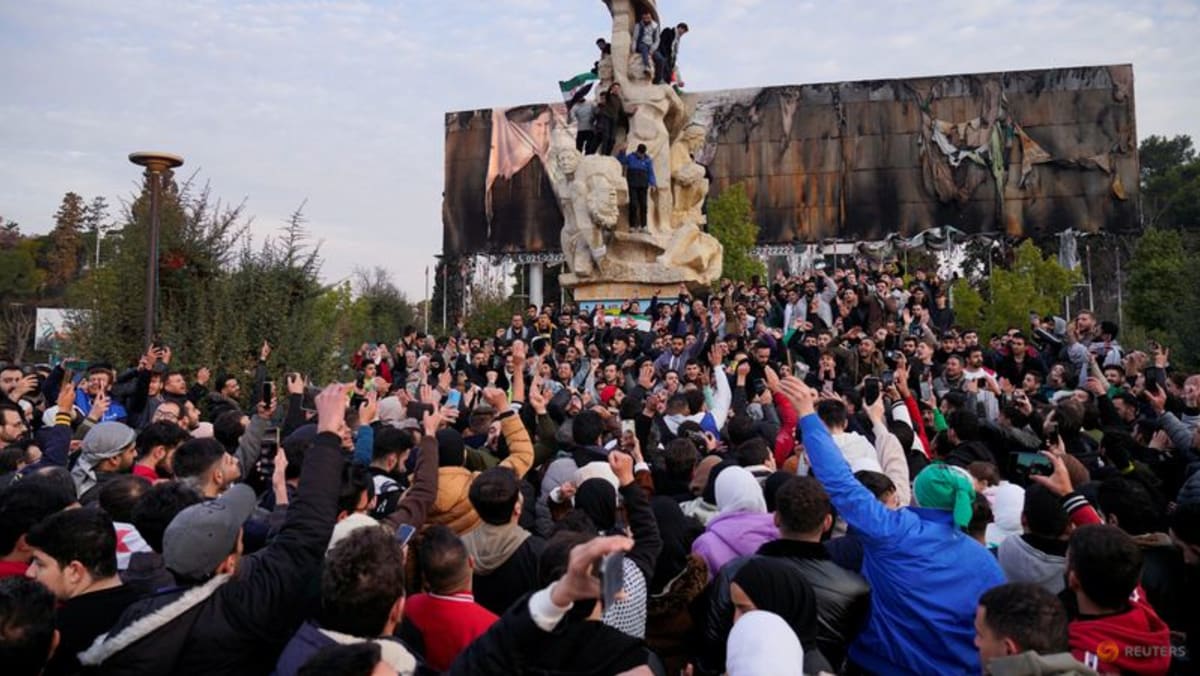
US TO MAINTAIN PRESENCE
Syria’s civil war, which erupted in 2011 as an uprising against Assad’s rule, dragged in a string of outside powers, created space for jihadist militants to plot attacks around the world and sent millions of refugees into neighbouring states.
The frontlines were dormant for years. Then militants once affiliated with Al Qaeda suddenly burst into action, posing the biggest threat to Assad.
The pace of events has stunned Arab capitals and raised fears of a new wave of regional instability.
It marks a turning point for Syria, shattered by years of war which has turned cities to rubble, killed hundreds of thousands of people, and forced millions abroad as refugees.
Stabilising western areas of Syria captured in the rebels’ advance will be key. Western governments, which have shunned the Assad-led state for years, must decide how to deal with a new administration in which a globally designated terrorist group – Hayat Tahrir al-Sham (HTS) – looks set to have influence.
The United States will continue to maintain its presence in eastern Syria and will take measures necessary to prevent a resurgence of the Islamic State, Deputy Assistant Secretary of Defense for the Middle East Daniel Shapiro told the Manama Dialogue security conference in Bahrain’s capital on Sunday.
Before its defeat, Islamic State imposed a reign of terror in large swathes of Syria and Iraq.
At a conference in Doha, Turkish Foreign Minister Hakan Fidan said “terrorist organisations” must not be allowed to take advantage of the situation in Syria and called on everyone to act with caution.
HTS, which spearheaded the rebel advances across western Syria, was formerly an al Qaeda affiliate known as the Nusra Front until its leader, Abu Mohammed al-Golani, severed ties with the global jihadist movement in 2016.
“The real question is how orderly will this transition be, and it seems quite clear that Golani is very eager for it to be an orderly one,” said Joshua Landis, a Syria expert and Director of the Center for Middle East Studies at the University of Oklahoma.
Golani will not want a repeat of the chaos that swept Iraq after US-led forces toppled Saddam Hussein in 2003. “They are going to have to rebuild … they will need Europe and the US to lift sanctions,” Landis said.
HTS is Syria’s strongest rebel group and some Syrians remain fearful it will impose draconian Islamist rule or instigate reprisals.
Countries like the United Arab Emirates and Egypt, both close US allies, see Islamist militant groups as an existential threat, so HTS may face resistance from the regional powers.
In a conference in Manama, Anwar Gargash, the diplomatic advisor to the United Arab Emirates president, said a main concern for that country is “extremism and terrorism.”
He said Syria is not out of the woods yet, adding that he did not know whether or not Assad was in the UAE.
Gargash blamed Assad’s downfall on a failure of politics and said he had not used the ‘lifeline’ offered to him by various Arab countries before, including the UAE.
Israel, which is likely to celebrate the fall of its enemy Assad after it severely weakened its other main foes Hezbollah and Hamas in over a year of fighting, said it has deployed forces in the UN-monitored buffer zone with Syria and at a number of points necessary for defence.
Suspected Israeli strikes hit Mazzeh district of Damascus, one Lebanese and one Syrian security source said on Sunday.
Jets believed to be Israeli bombed the Khalkhala air base in southern Syria that was evacuated by the Syrian army overnight, two regional security sources told Reuters.
The Israeli government had no immediate comment on the reported strikes, which one of the sources said appeared to be aimed at preventing weapons falling into the hands of radical groups.
Source: CNA



